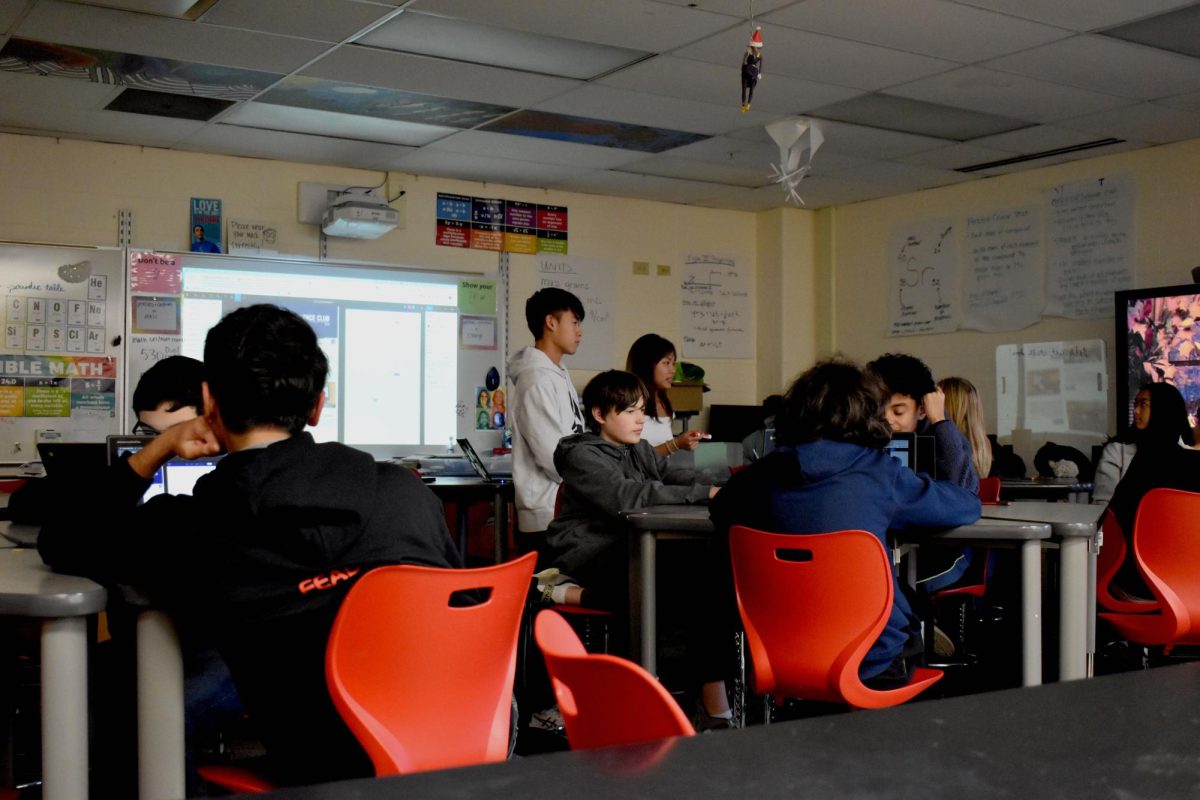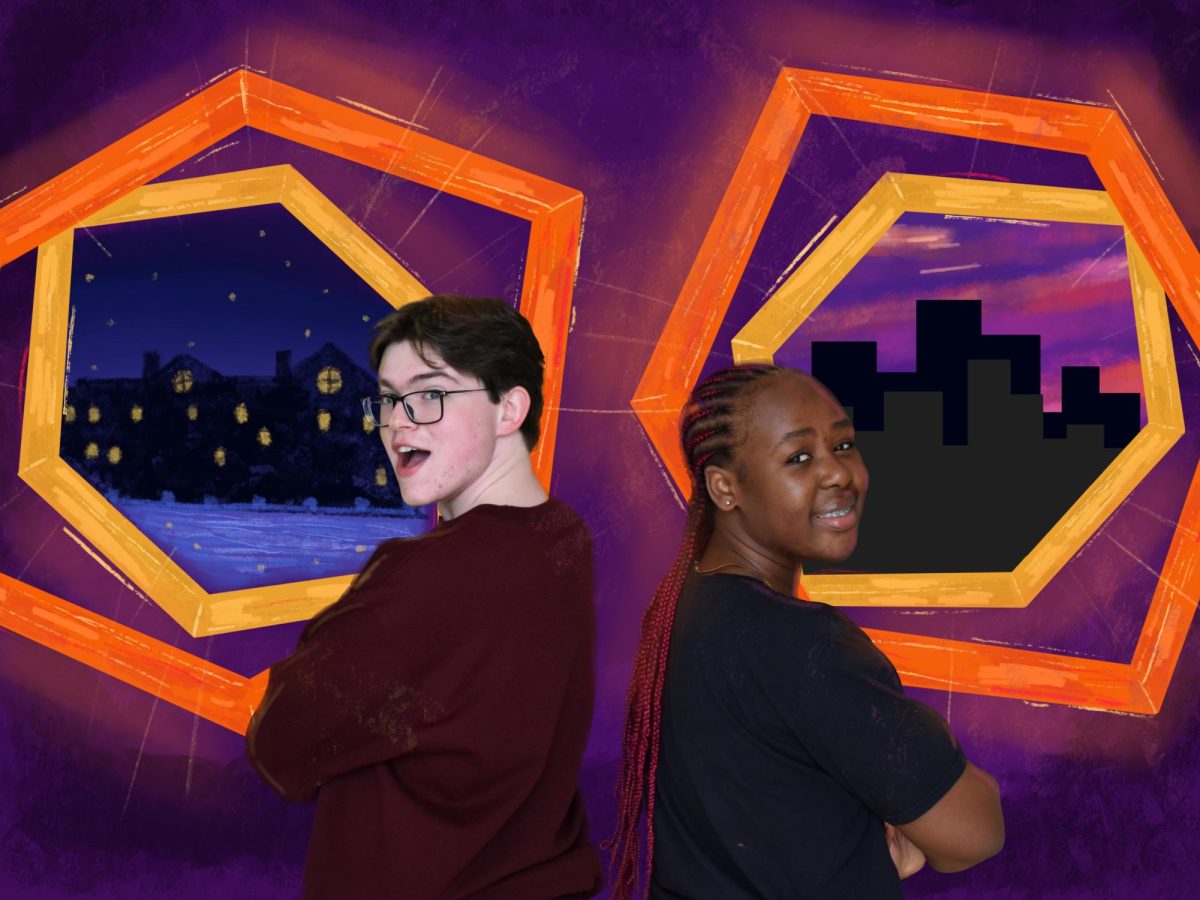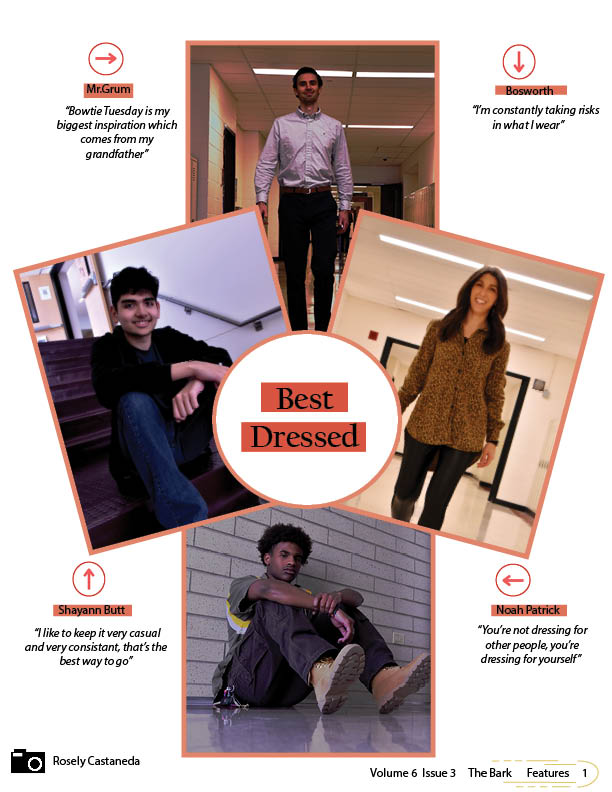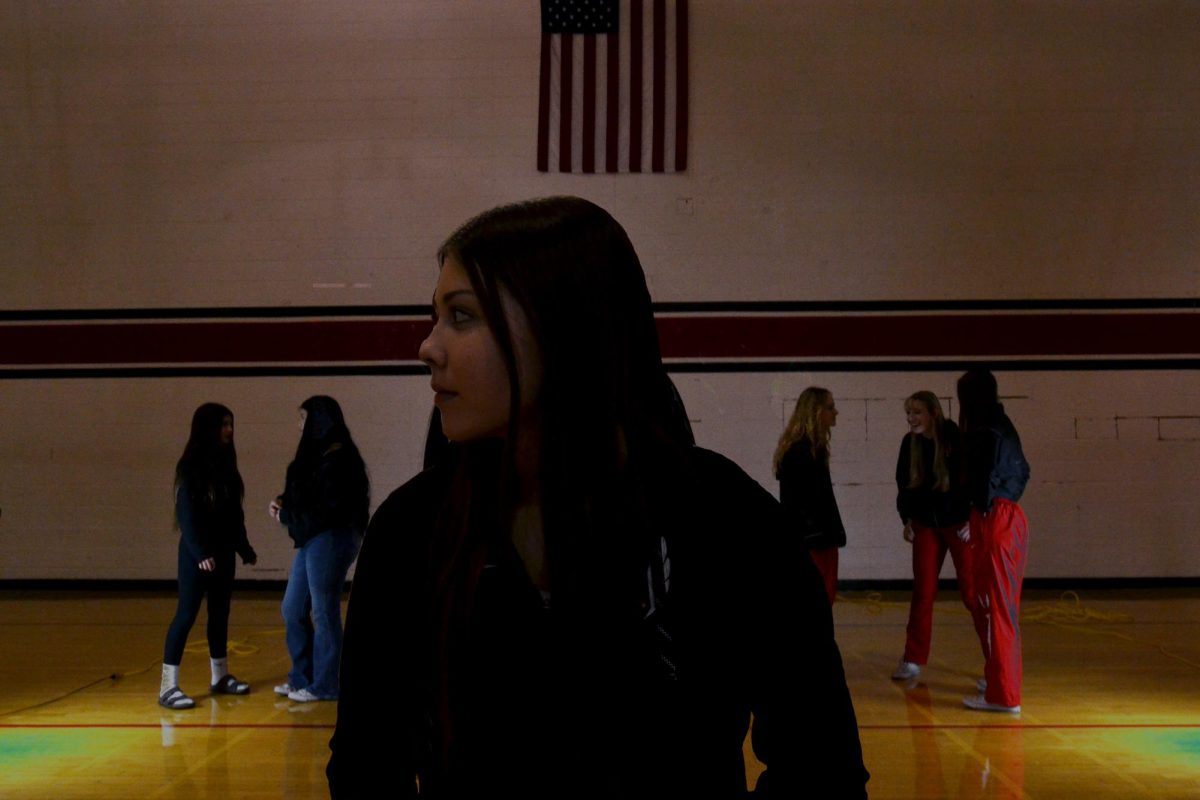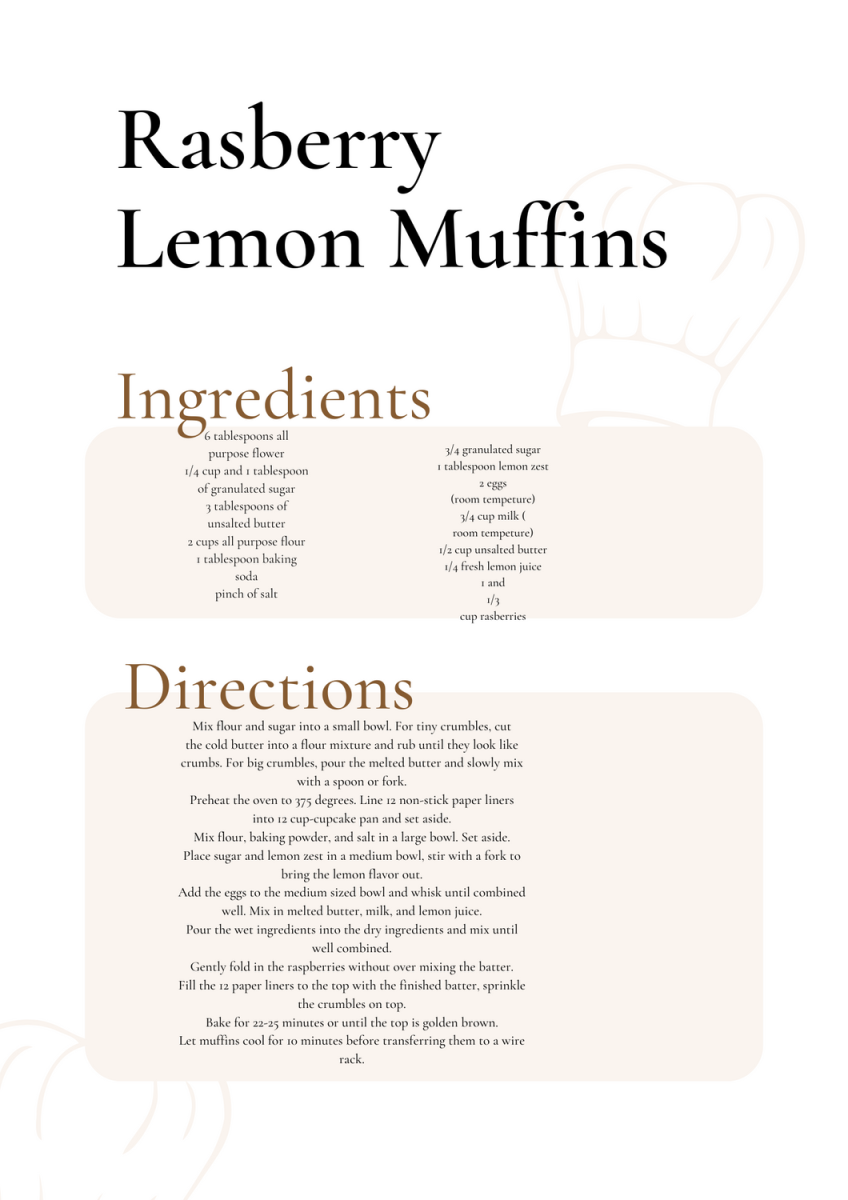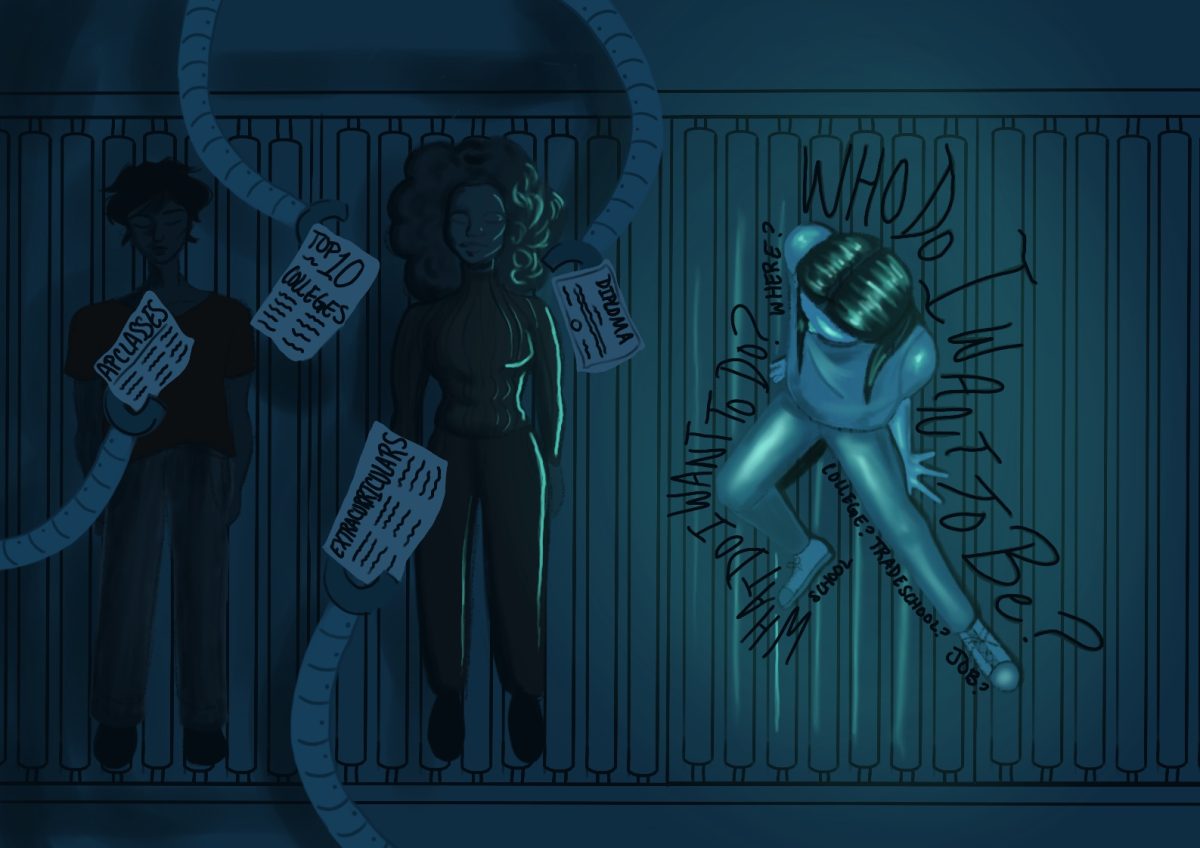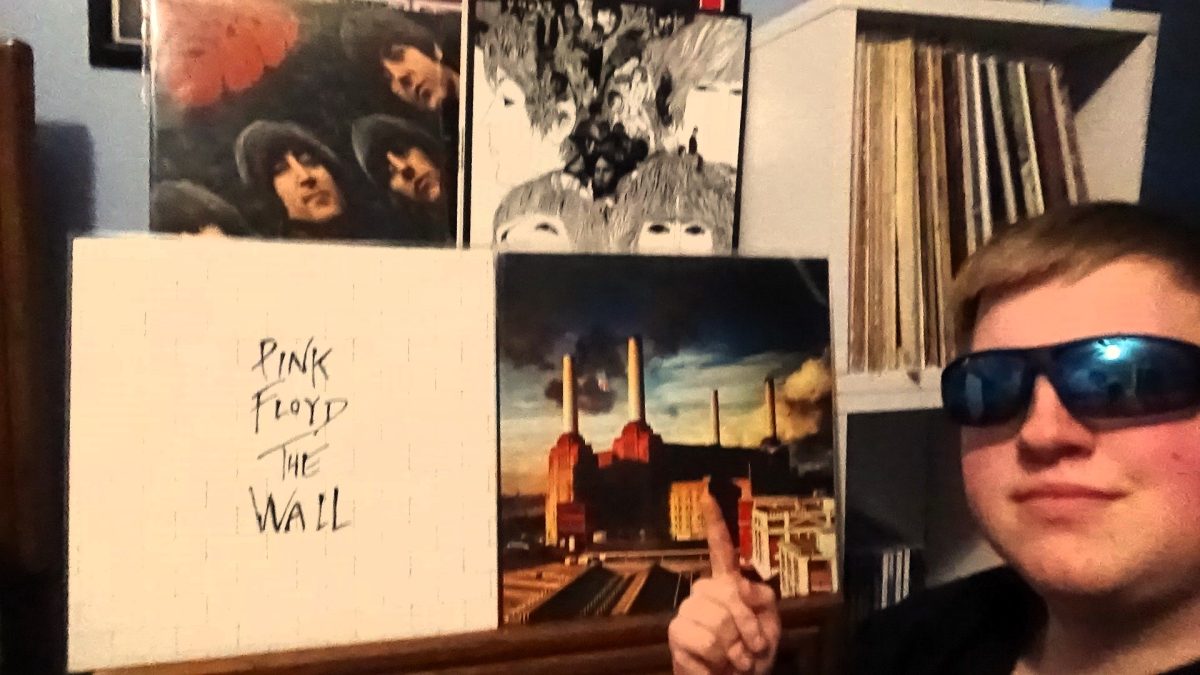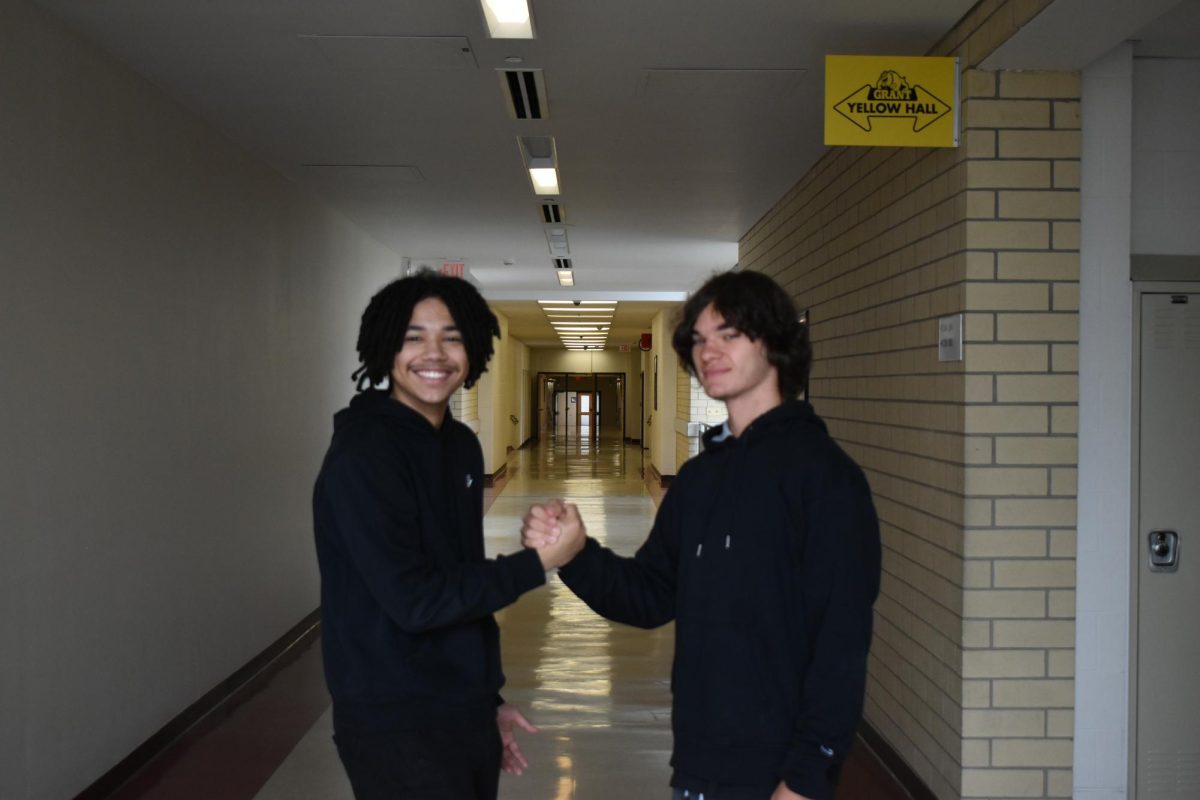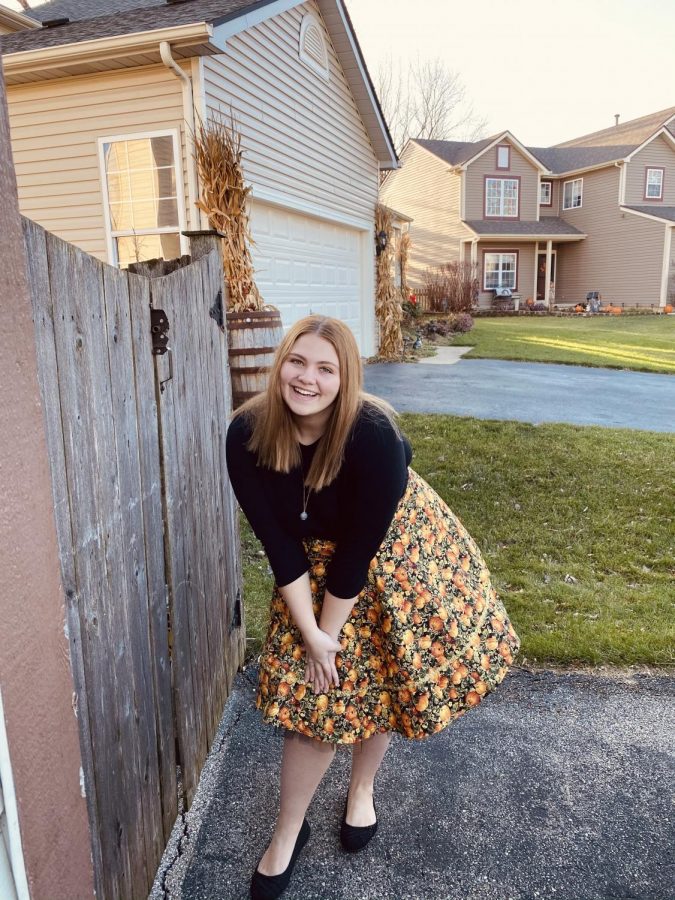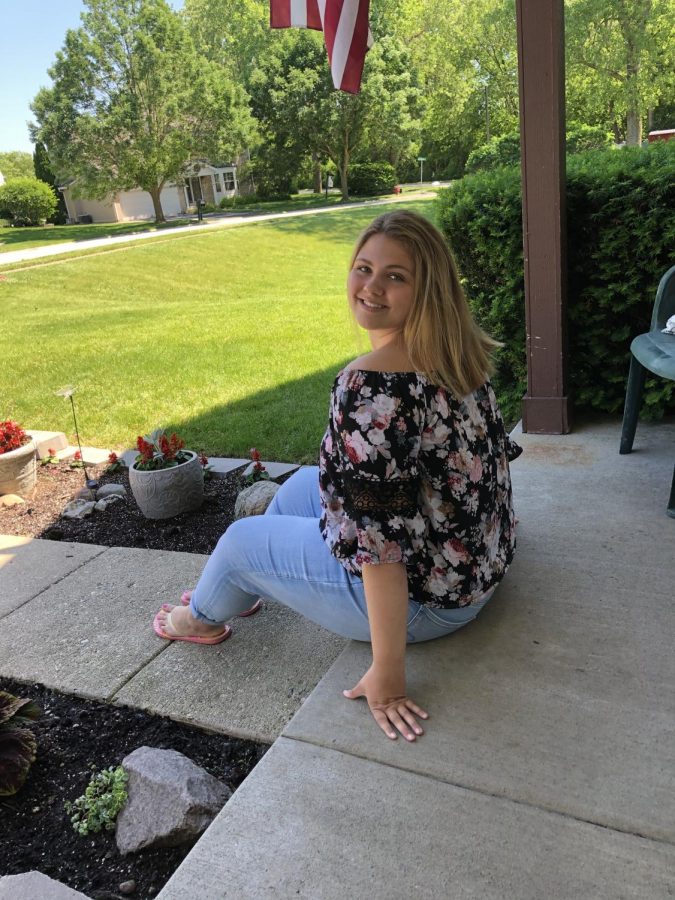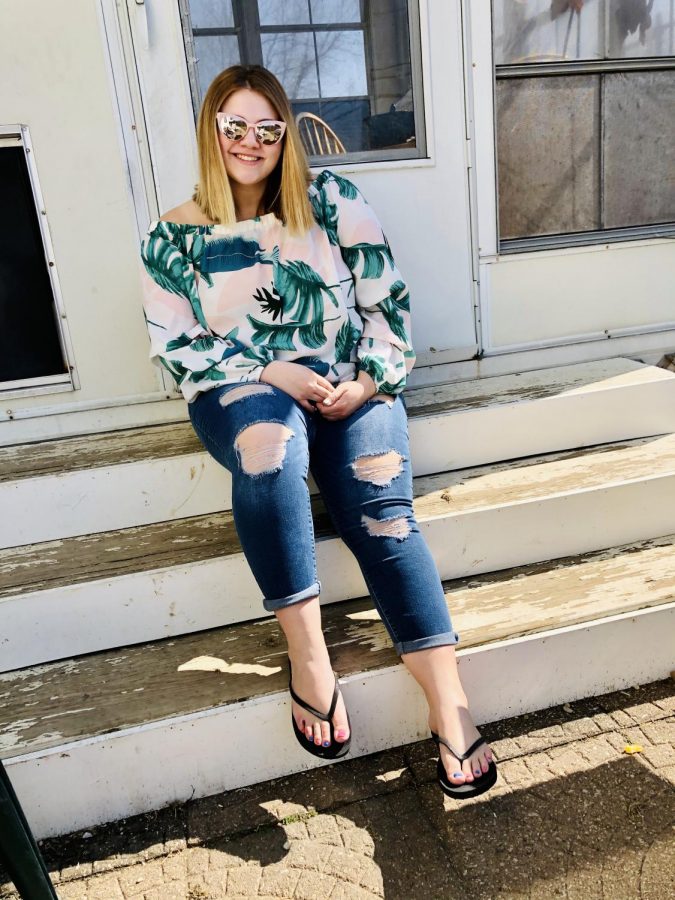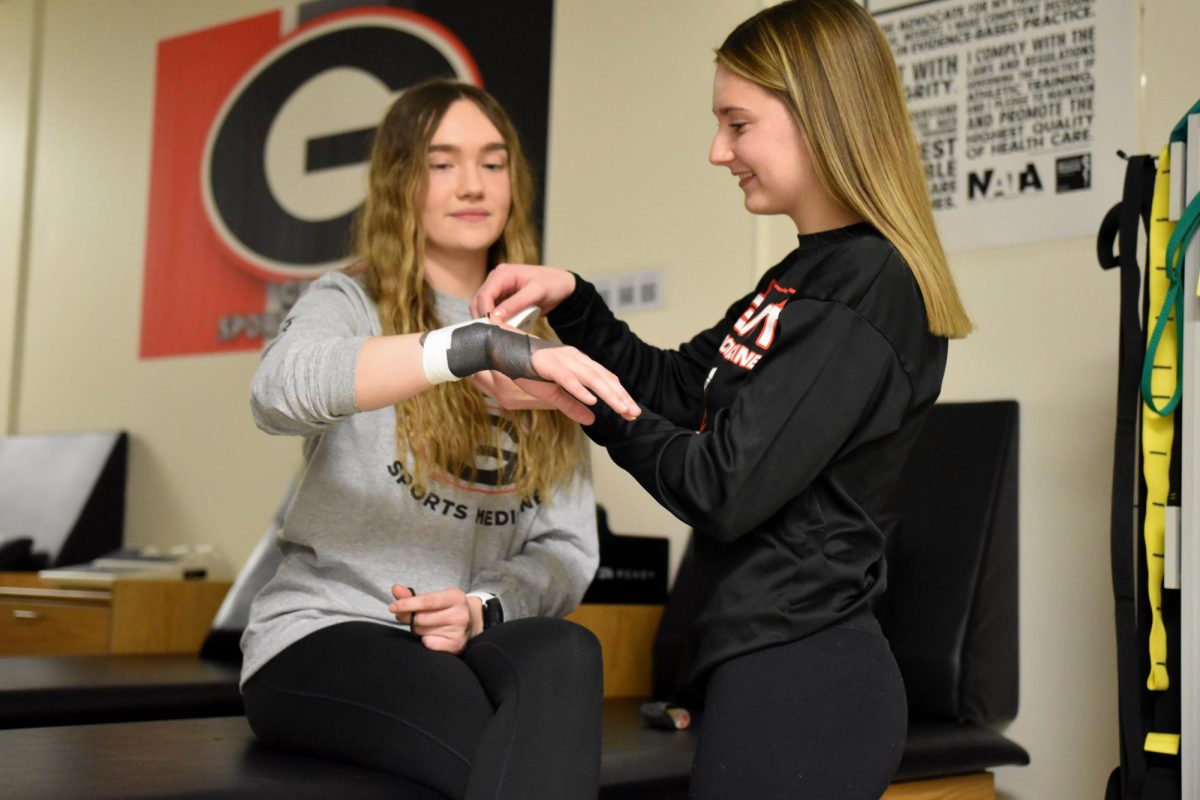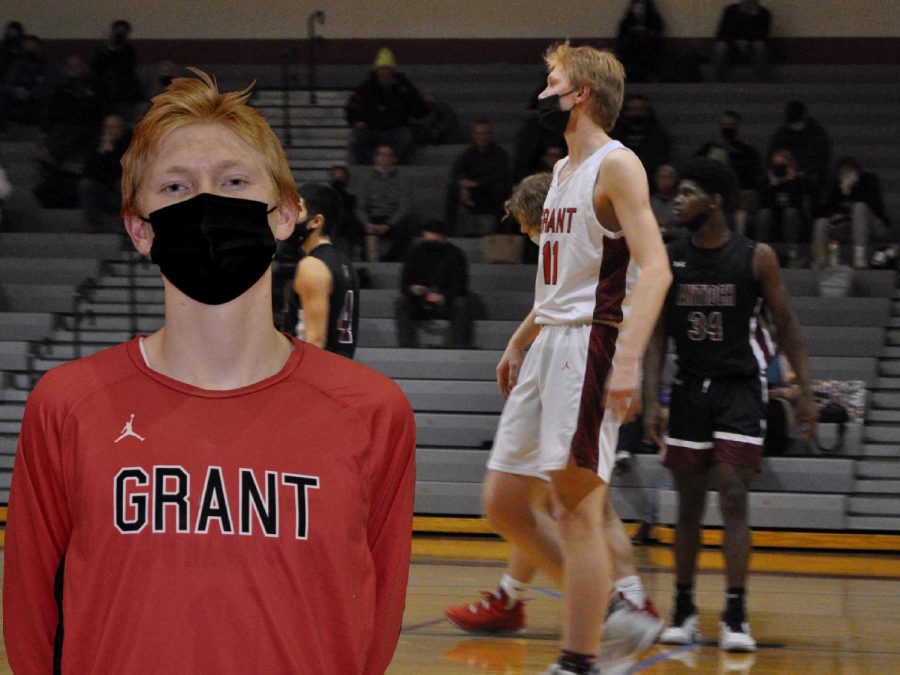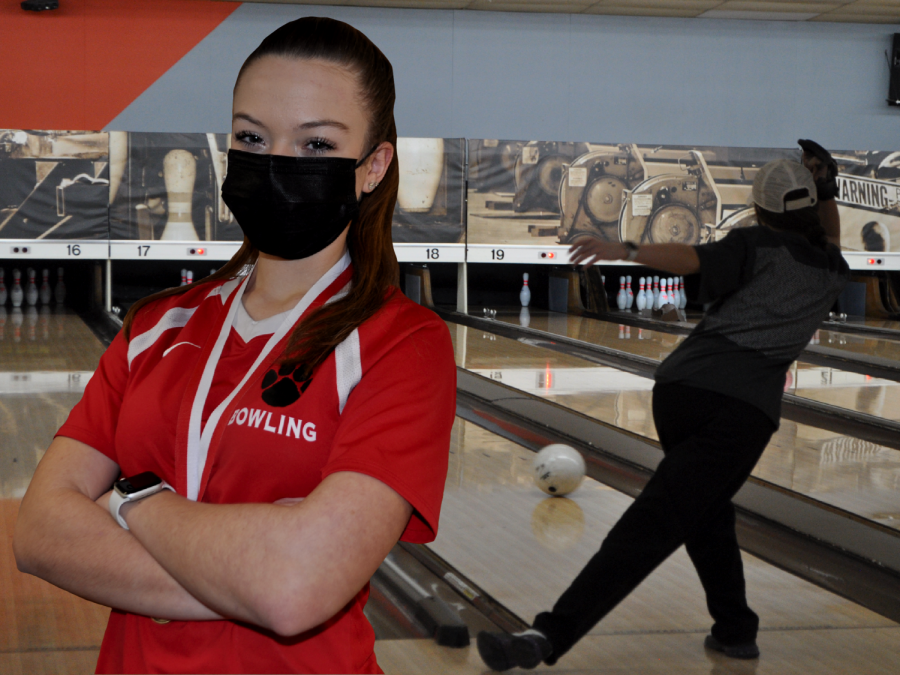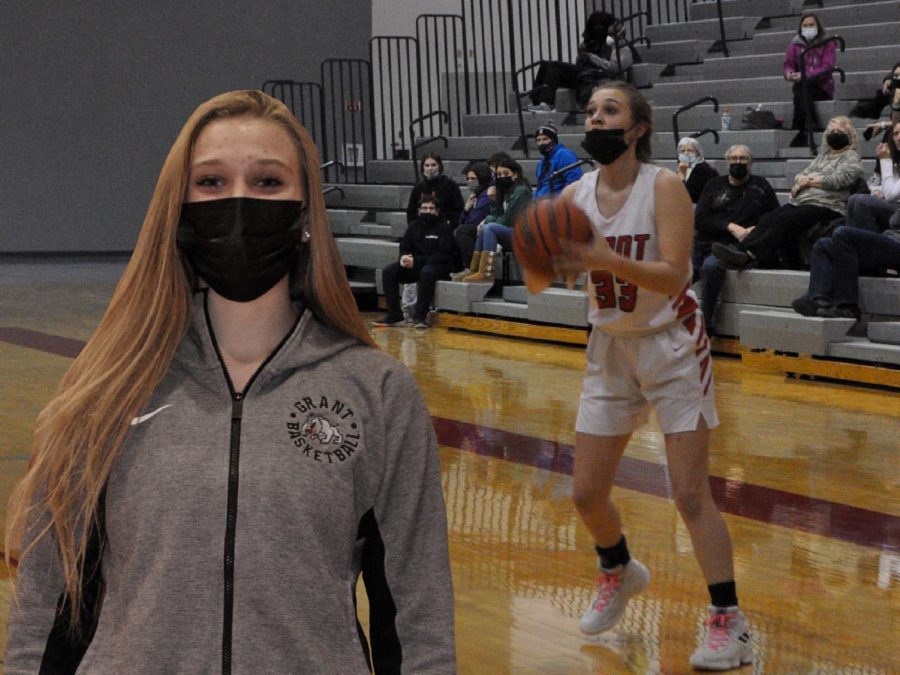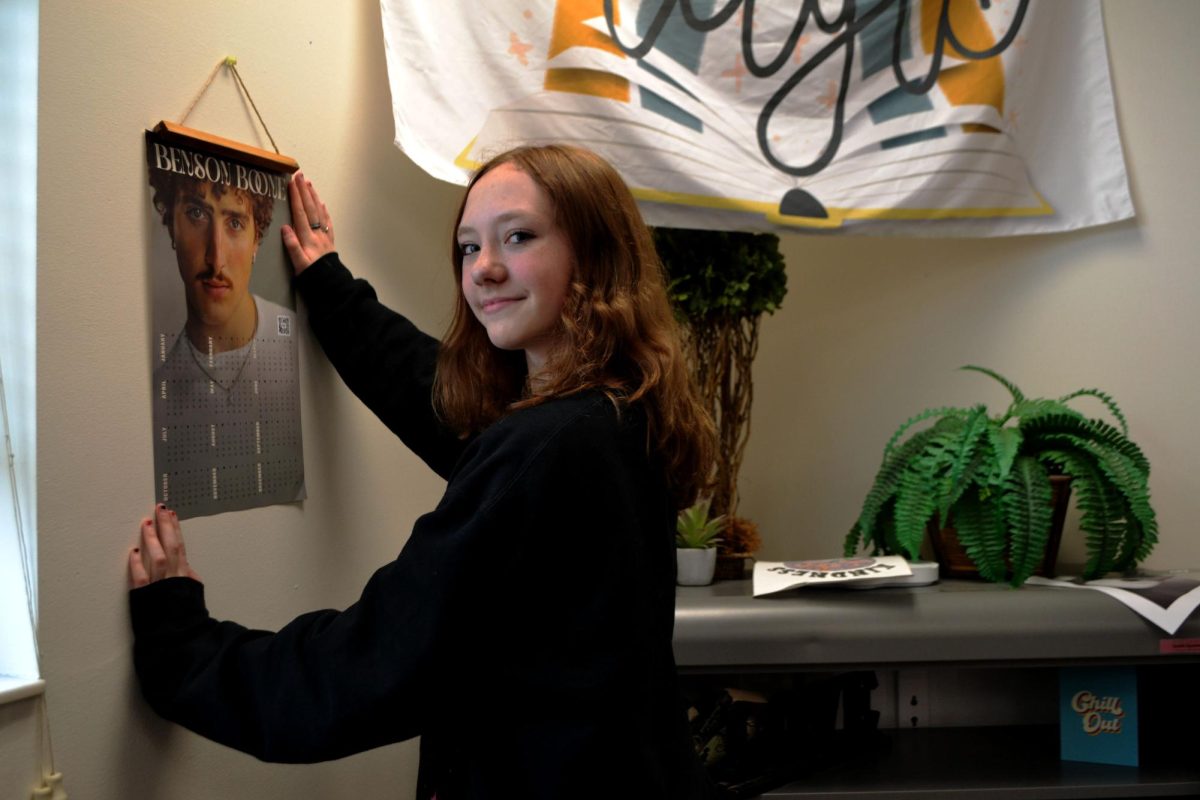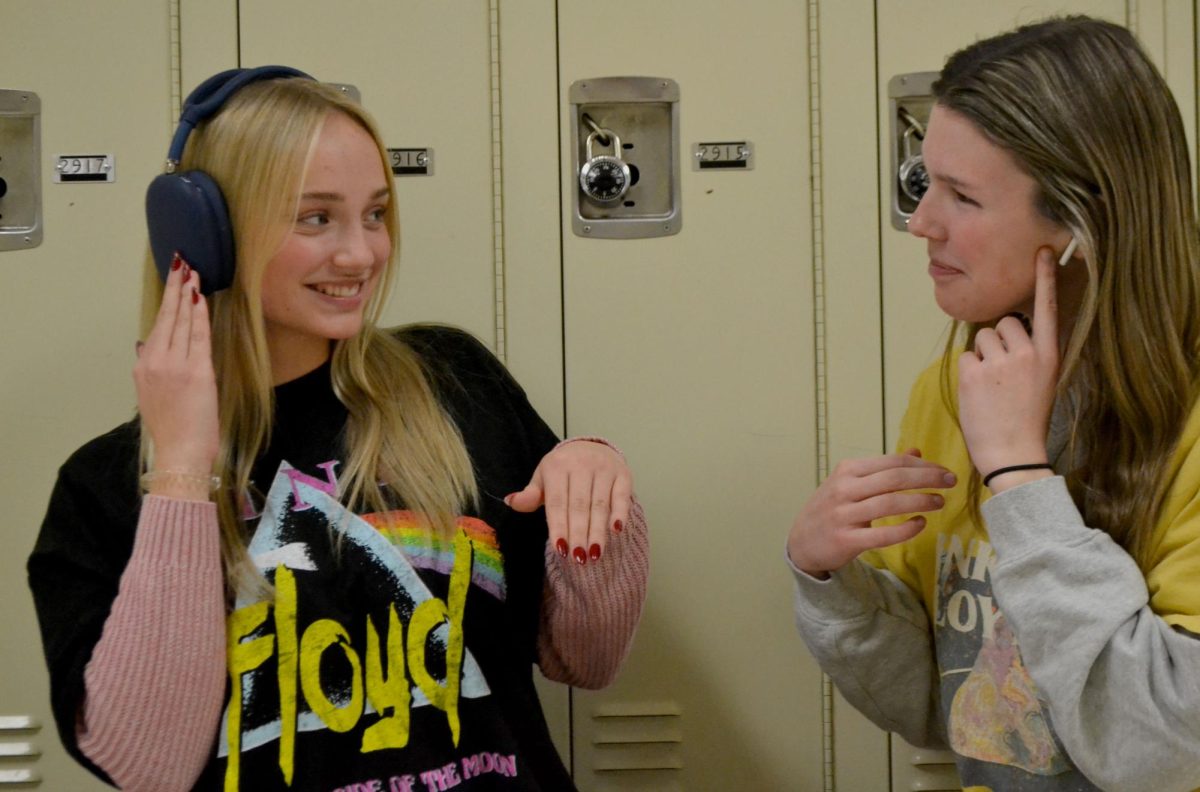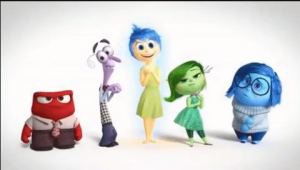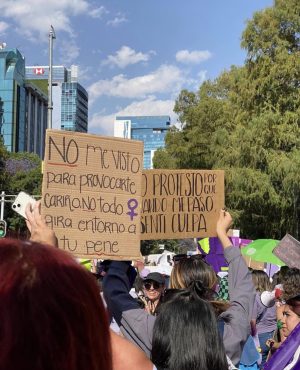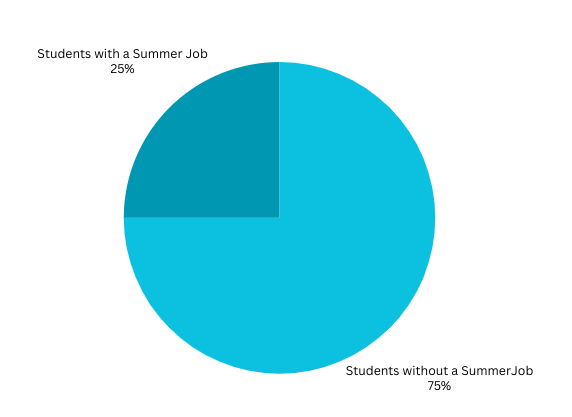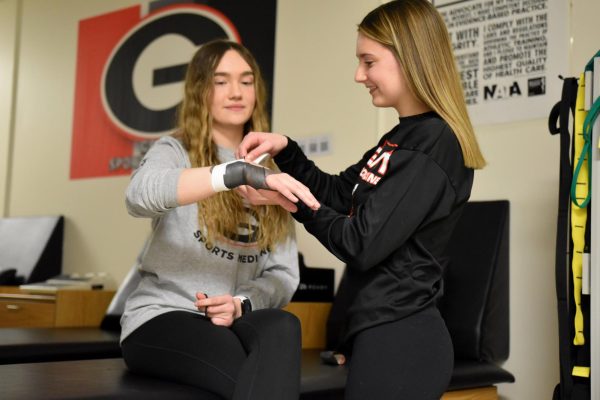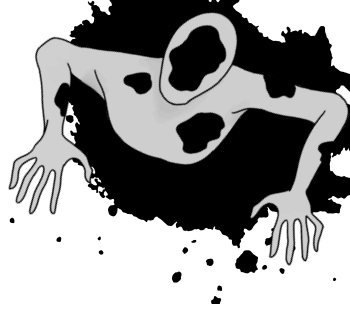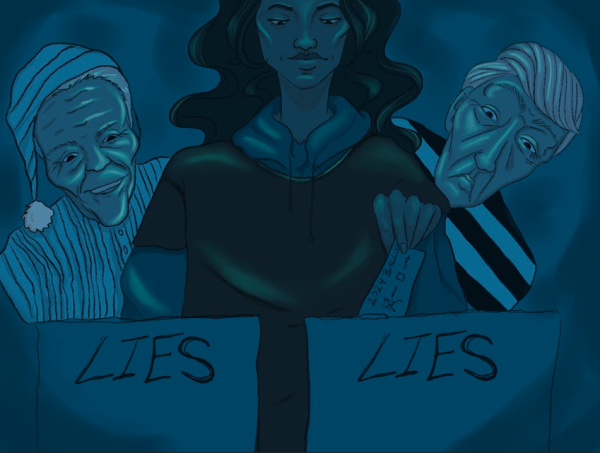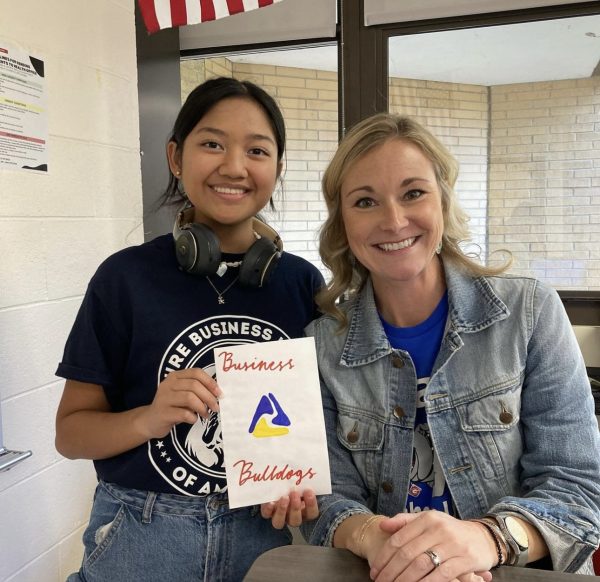Toxicity
March 29, 2023

Toxic relationships are one of the most harmful social plagues among teens present day. Everybody has or knows somebody with a toxic individual in their life, be it friends, significant others, or even family. The hardest part of a toxic relationship is identifying it and subsequently leaving. Here’s how:
What is a toxic relationship?
Toxic relationships have been around forever. The term was coined in 1995, when Dr. Lillian Glass published her book Toxic People. In her book, she defines a toxic relationship as a relationship “where there’s conflict and one seeks to undermine the other, where there’s competition, where there’s disrespect and a lack of cohesiveness.” While every relationship, romantic or platonic, has its high and low points, a toxic relationship is consistently draining and generally unpleasant, whether it is known or not. Toxic relationships can be emotionally, mentally, and sometimes even physically taxing.
What are the signs that a relationship may be toxic?
The signs range from minor to severe, the most serious including physical violence or abuse. Most of the time, however, the signs are far more subtle. The most common sign is a state of constant unhappiness. If interacting with people is consistently making someone upset, angry, or even resigned, it may be toxic. Negative shifts in mental health or self-esteem are all too common as well. Mental Health expert Dr. Kristen Fuller says that concern from family or friends should be taken especially seriously, as people in toxic relationships are often the last to realize it. GCHS Senior Kaye Cavendar shared some of her own experiences. “He was picking apart everything that was wrong with me. [It took me] about a year to realize.”
How do I leave?
Now for the most difficult part: leaving. If you feel you are in physical danger, contact the Domestic Violence Hotline, which is available for 24/7 assistance at 1-800-799-7233. If the harm being done is emotional or mental, you have to decide if it’s something that can be worked through. However, “if you know they’re toxic, don’t be with them [just] because you feel like you have no friends.”




